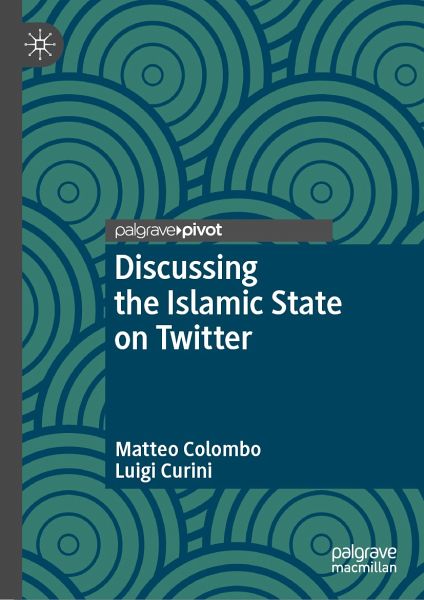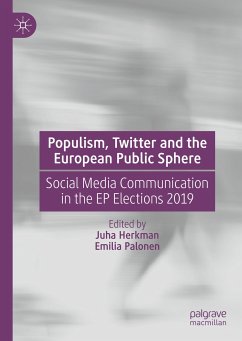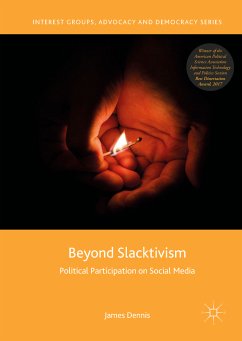
Discussing the Islamic State on Twitter (eBook, PDF)
Versandkostenfrei!
Sofort per Download lieferbar
36,95 €
inkl. MwSt.
Weitere Ausgaben:

PAYBACK Punkte
18 °P sammeln!
This book explores how ordinary Arab-speaking social media users have reacted to propaganda from the Islamic State, rather than how IS propaganda has targeted ordinary users, thus providing a change in perspective in the literature. The authors provide a comprehensive account of the evolution of the Arabic discourse on IS, encompassing all phases of the Caliphate's political evolution, from the apogee of the Islamic State in October 2014 to the loss of its unofficial capital of Raqqa in September 2017. Taking into account key events, the book also considers the most recurrent topics for IS and...
This book explores how ordinary Arab-speaking social media users have reacted to propaganda from the Islamic State, rather than how IS propaganda has targeted ordinary users, thus providing a change in perspective in the literature. The authors provide a comprehensive account of the evolution of the Arabic discourse on IS, encompassing all phases of the Caliphate's political evolution, from the apogee of the Islamic State in October 2014 to the loss of its unofficial capital of Raqqa in September 2017. Taking into account key events, the book also considers the most recurrent topics for IS and its opponents who engage in the Twitter conversation. The analysis is based on around 29 million tweets written in the Arabic language, representing a random sample of around one-third of all Arabic tweets referring to IS over the 2014-2017 timeframe.
Dieser Download kann aus rechtlichen Gründen nur mit Rechnungsadresse in A, B, BG, CY, CZ, D, DK, EW, E, FIN, F, GR, HR, H, IRL, I, LT, L, LR, M, NL, PL, P, R, S, SLO, SK ausgeliefert werden.












